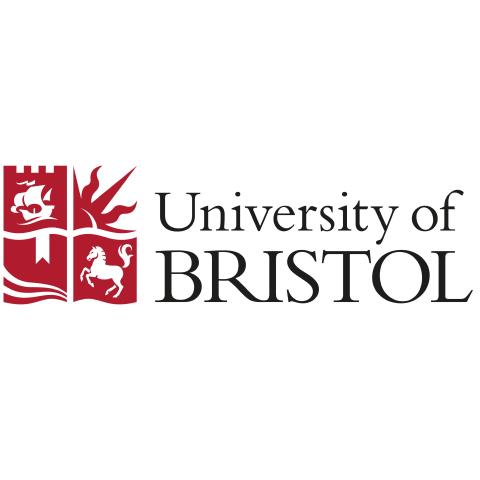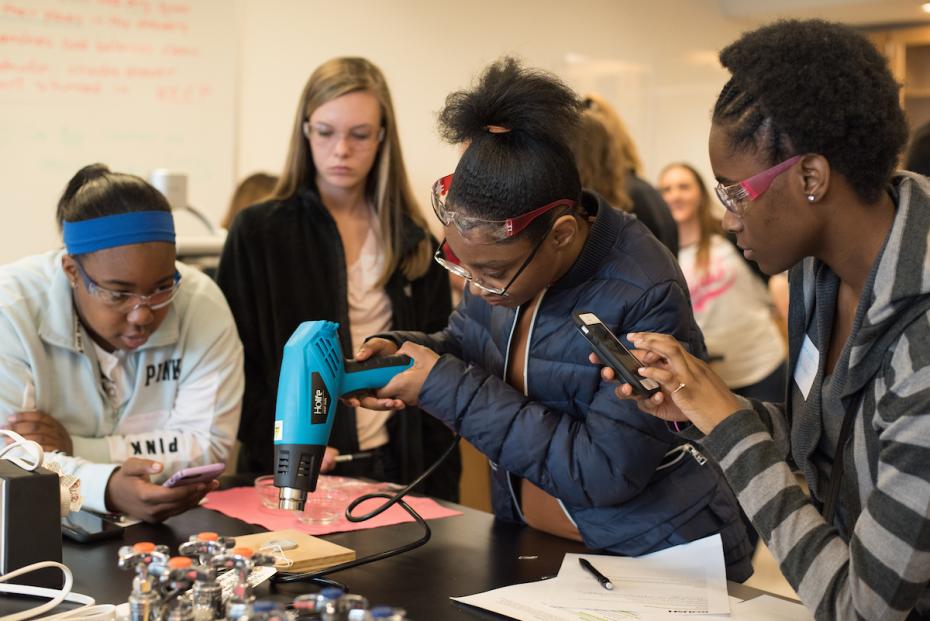
Engagement isn’t a trade-off – it’s a path to stronger research
You may also like
The Research Excellence Framework’s (REF) decision to increase the weighting of impact and engagement to 25 per cent marked an important shift in how universities are assessed. While some institutions are still scrambling to adjust, the message is clear: academic research must reach beyond the walls of the academy to connect with, inform and benefit society.
And yet, all too frequently, impact and engagement are treated as things that undermine rather than enhance research quality. In our experience, the opposite is true. Done meaningfully, engagement doesn’t dilute academic work – it deepens it and allows us to ask bigger and more relevant questions.
Engagement opens doors to better data and new projects
One of the most tangible benefits of engagement is access. We’ve both worked extensively with non-academic partners – charities, policymakers, thinktanks, media, consultancies and large and medium-sized corporations in multiple industries. These relationships don’t just support knowledge dissemination; they often lead to entirely new research opportunities that would have been out of reach otherwise.
Take one example: through regular conversations with a large gambling treatment provider, we co-developed a research idea and applied for £120,000 of funding together. That partnership helped divide the proposal-writing workload – always welcome in academic life – and our bid was successful. More importantly, it gave us access to do research with their clients, allowing us to collect unique, in-depth data on gambling harms and treatment experiences. The insight we gained from this direct engagement with practitioners and their clients has been invaluable – and simply wouldn’t have been possible without collaboration.
Collaborations challenge assumptions – and sharpen arguments
Engagement also brings intellectual benefits. Speaking with policymakers, industry and people with lived experience has repeatedly challenged our assumptions and forced us to rethink our framing. It’s humbling – and incredibly helpful – to hear blunt feedback such as: “I have no idea what you are talking about. Can you say it in plain language?” or: “That might be an issue in theory, but here’s how it works in real life.”
Too often, academic research is developed in an ivory tower, shaped by abstract terminology, rigid theoretical framings, or conceptual nuances that feel important within academia but make little sense to those working on the ground.
This disconnect became abundantly clear to us after inviting two very senior managers to an academic conference. Following the event, they called to say: “Why are you in academia? These problems don’t seem like problems at all.” Their reaction was a powerful reminder that unless we engage with practitioners early and often, we risk solving problems that don’t exist or at least not in the way we imagine.
- Collection: Research excellence: what is it and how can universities achieve it?
- Quality is the best policy in research
- To improve research culture, we must change the way we measure performance
Engagement creates opportunities – and visibility
Meaningful engagement often leads to unexpected visibility, and with it, new opportunities. Through our work on gambling harms, for example, we’ve been invited to give evidence to politicians in the UK, Canada and the US. We’ve built strong relationships with journalists and contributed to international media coverage. One highlight was securing former England goalkeeper Peter Shilton, CBE, as a patron for a research project. None of this was carefully planned in advance – it all emerged from building trust, listening, and staying open to collaboration.
This kind of visibility doesn’t happen by chance – or through a single LinkedIn post about a published paper. Purposeful engagement requires time and, yes, often luck, to meet people that are interested in research and willing to collaborate. However, without any attempt to engage, this won’t happen. As such, we as academics need to engage more directly with those outside academia, even though this is difficult.
And when we do, the rewards go far beyond raising an academic’s profile. Being seen and heard by a broader audience puts you on the radar of potential partners you might never otherwise reach. Whether it’s charities, policymakers, journalists or industry actors, visibility generates momentum: new collaborations form, fresh ideas emerge and new research opportunities open up – often in ways you couldn’t have planned for.
So how do you start?
Engaged and impactful research doesn’t have to begin with a major project or national platform. Start small:
- Talk to people outside your usual circles and try to use a narrative everyone understands. Simply, your ideas should not get lost in translation.
- A short call or a meeting with a charity, local council or practitioner can be eye-opening – and potentially the start of something bigger. A good starting point could be an invitation for a guest lecture in one your modules.
- Look for co-creation opportunities, not just one-way dissemination. The best projects grow from shared interests and mutual benefit.
- Build relationships, not transactions. Engagement is not just a checkbox – it is a long game built on trust.
- Understand that engagement does not strictly follow a plan. It is an emerging pattern, and you need to be flexible enough to sense and seize unexpected opportunities in a creative way.
Yes, working with non-academic partners can mean adjusting timelines and communication styles. We once collaborated with a London-based thinktank that moved at lightning speed compared with academic norms. But these differences are part of the learning process – and they sharpen our agility as researchers.
High-quality research increasingly requires engagement, and that engagement is a mutually reinforcing process. Universities should invest in support structures that facilitate collaboration beyond the academy – including dedicated staff, flexible funding and workload models that reward public engagement and policy involvement.
The REF’s rebalancing of priorities is not an administrative change – it’s a culture shift. It signals the end of the “ivory tower” approach, where good research is assumed to speak for itself. Now, we must show how research speaks to and with the world.
Raffaello Rossi is a senior lecturer in marketing and Florian Bauer is a chair in strategy, both at the University of Bristol.
If you would like advice and insight from academics and university staff delivered direct to your inbox each week, sign up for the Campus newsletter.




